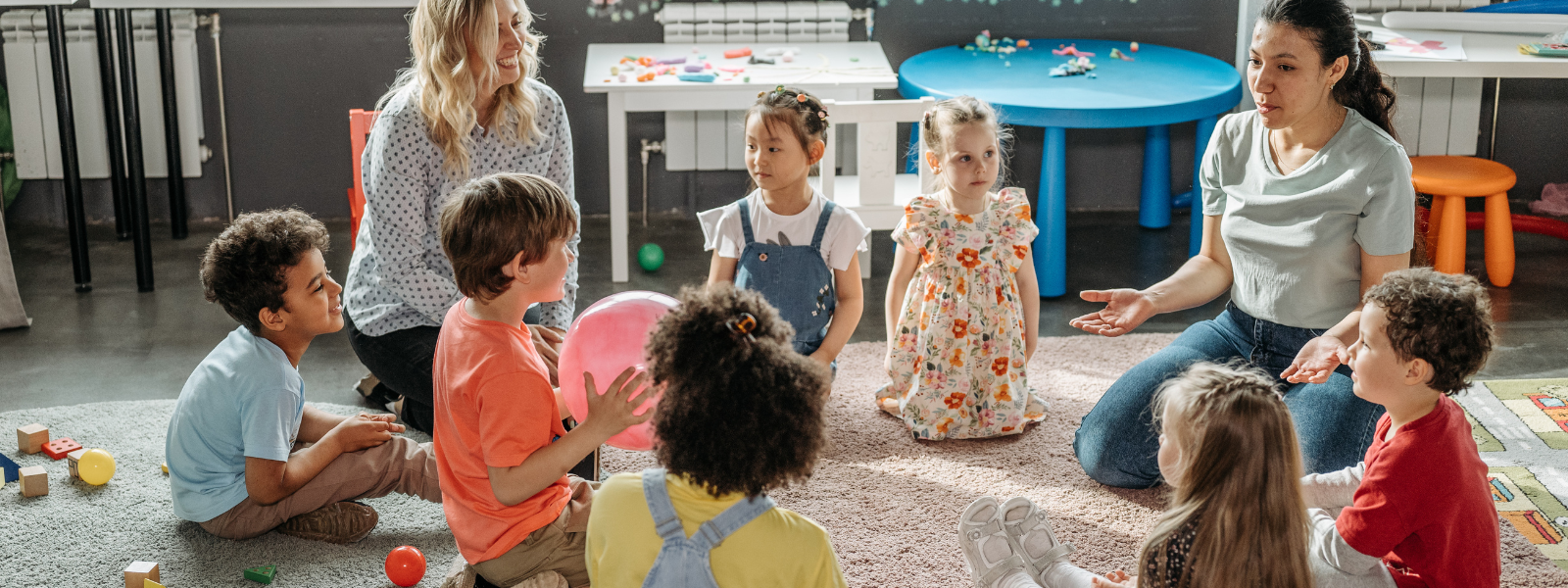Preparing Children for School Success: A Brain-Based Perspective
As a parent, you want to give your child the best possible start in life. But one of the most critical areas that a lot of parents skip over is understanding our children’s cognitive skills and how they develop during the early childhood years. By doing so, you can help your child build a strong foundation for future learning and success in any learning environment!
Cognitive Skills & School Readiness
These are the mental processes that enable us to learn, think, and problem-solve. In early learners, cognitive skills are still developing, and there are a few key areas to focus on:
- Attention: Short attention spans are normal, but kids can still learn to focus on a task for short periods of time. As a parent, you can help your child build this skill by providing activities that require concentration, such as games, puzzles or crafts.
- Memory: Preschoolers are still developing their memory skills, so they may have trouble remembering things like directions or names. You can help your child by repeating information and using rhymes or songs to make it more memorable.
- Language: Kids learn language rapidly, but they may still struggle with pronunciation and vocabulary. You can help your child by reading to them regularly and encouraging them to talk about what they’ve learned.
- Spatial skills: Visual processing and spatial awareness enable kids to understand and interact with the physical world. You can help your child by playing games that involve spatial reasoning, such as building with blocks or puzzles.
These and other skills govern the way your brain learns, whether you’re 5 or 95. By building up these skills, ALL subject areas will become easier and faster! Rather than focusing just on content, building these skills in your early learner is a critical part of school readiness.
When Do School Struggles Start?
Learning disabilities typically aren’t diagnosed until kids have been in school for 3 years, but in a majority of cases, parents suspect something is going on much earlier. Many preschools and kindergarten classrooms will evaluate your child for all the various milestones and suggest early intervention where appropriate.
However, in the realm of cognitive differences, schools tend to recommend “giving it time” or offering accommodations. While maturity is definitely an important factor to consider, there are things you can do to prevent these struggles and address them head-on.
Just because the school isn’t doing anything to help your kid doesn’t mean there’s nothing YOU can do to be proactive!
Research shows that kids don’t necessarily grow out of these challenges. Instead, the longer you wait, the more that skill causes problems for learning and life skills.
For example, if your child has low working memory and logic & reasoning skills as a 5 year old, if that weakness is not addressed at age 5-6, by the time they hit 3rd grade they may present as having ADHD or other more significant learning struggles.
Addressing these skills early is really the best thing for your child’s brain and future schooling!
School Is A Marathon: Start Training Now
You wouldn’t run a marathon without making sure your body was healthy and strong. However, many families put kids into the 12+-year long race of formal education with little preparation related to their brains. Play is one of the primary ways the brain prepares for learning and processes the world in the early years, but if you’re wondering whether there’s something more you can do, you’re in the right place!
Strengthening cognitive skills lays a solid foundation for learning that can be built upon for years down the road. By making sure your child’s brain is ready to learn, you’re setting them up for greater confidence and success from the get-go!
Check out our school readiness brain training program here >>







